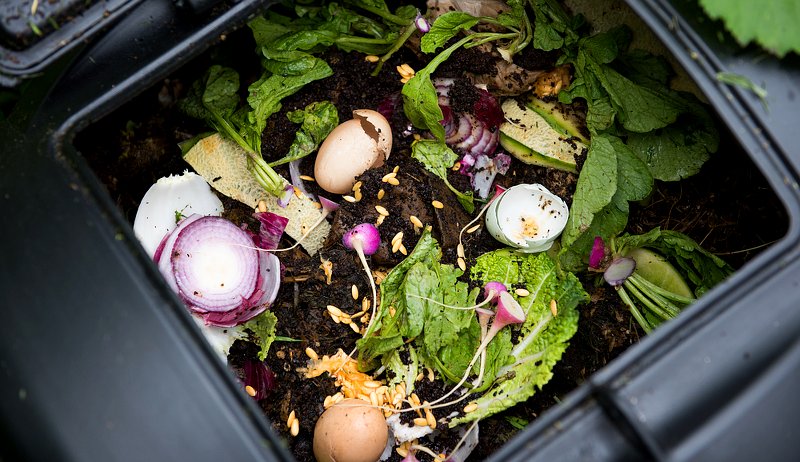Composting is a great way to reduce your waste and improve your garden soil. But before you start, it’s important to understand the seven factors that are essential for successful composting.
1. Carbon and nitrogen
The first factor to consider is the carbon-to-nitrogen (C:N) ratio of your materials. The ideal C:N ratio for compost is 30:1. This means that for every 30 parts carbon, you should have 1 part nitrogen.
You can adjust the C:N ratio of your materials by adding more or less of each type of material. For example, green materials like grass clippings and vegetable peels have a high C:N ratio, while brown materials like leaves and wood chips have a low C:N ratio.
2. Moisture
Compost needs to be moist but not wet. If it’s too dry, the microorganisms that break down the materials will die. If it’s too wet, the materials will start to rot.
A good rule of thumb is to aim for a moisture content of about 50%. You can test the moisture content of your compost by squeezing a handful of it. If it holds together but water drips out, it’s at the right moisture content.
3. Aeration
Compost needs air to allow the microorganisms to break down the materials. If there’s not enough air, the pile will start to smell bad and the materials will not break down properly.
You can aerate your compost pile by turning it regularly. Turning mixes the materials and exposes them to air. You can turn your compost pile with a pitchfork or a shovel.
4. Temperature
The ideal temperature for composting is between 130 and 160 degrees Fahrenheit. This is the temperature range at which the microorganisms that break down the materials work most efficiently.
If the temperature of your compost pile drops below 130 degrees Fahrenheit, the process will slow down. If the temperature rises above 160 degrees Fahrenheit, the microorganisms will die.
You can control the temperature of your compost pile by adjusting the size of the pile, the amount of moisture, and the aeration.
5. pH
The ideal pH for compost is between 6.0 and 7.0. If the pH is too low, the microorganisms that break down the materials will not be able to work properly. If the pH is too high, the materials will not break down properly.
You can adjust the pH of your compost pile by adding materials that are high in lime (calcium) or sulfur.
6. Time
It takes time for compost to break down. The amount of time it takes depends on the size of the pile, the type of materials you’re composting, and the environmental conditions.
In general, it takes about three months to one year for compost to break down completely.
7. Location
The location of your compost pile is important. You want to choose a spot that is:
- level
- well-drained
- out of direct sunlight
- close to your garden
If you don’t have a lot of space, you can build a small compost bin. There are many different types of compost bins available, or you can make your own.
Following these seven factors will help you create a successful compost pile. So get started today and start reducing your waste and improving your garden soil!

